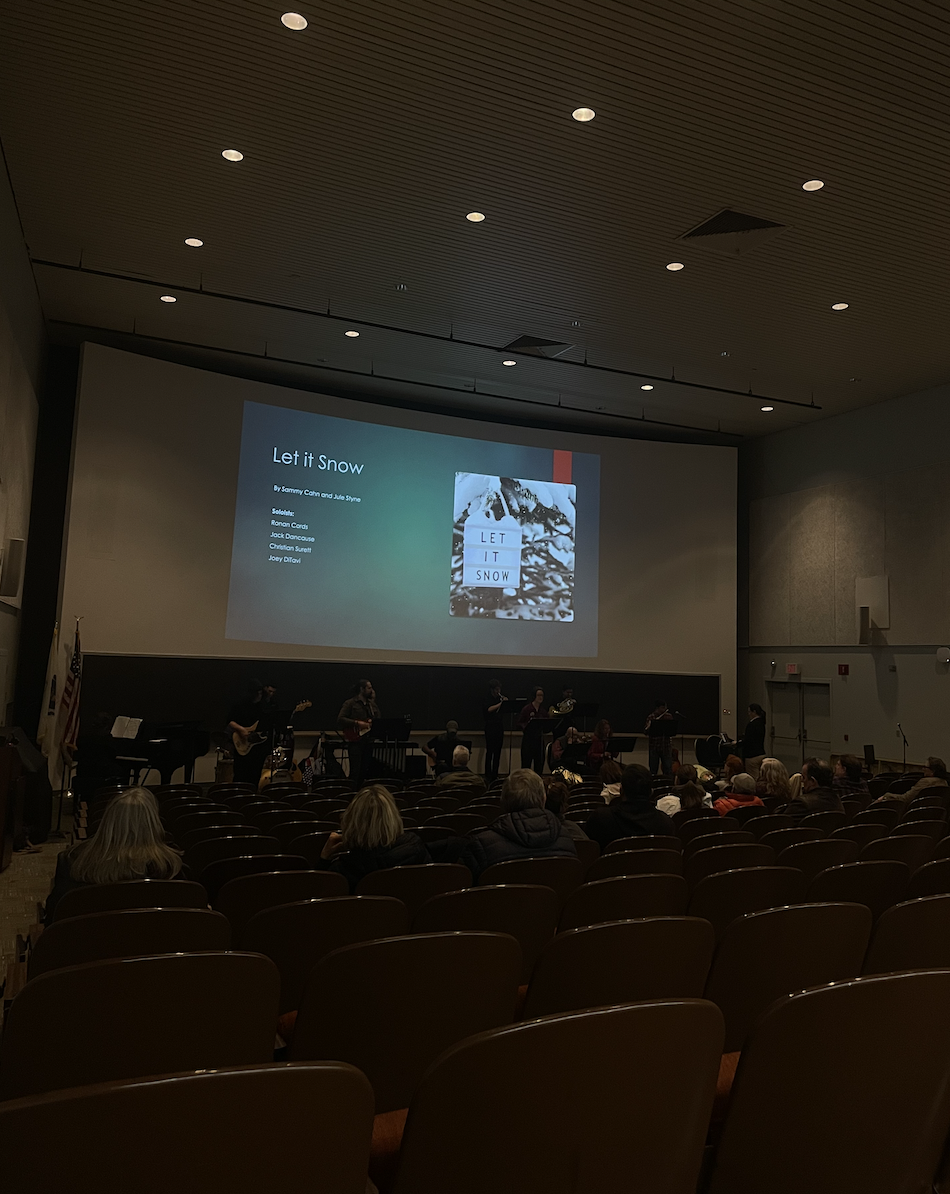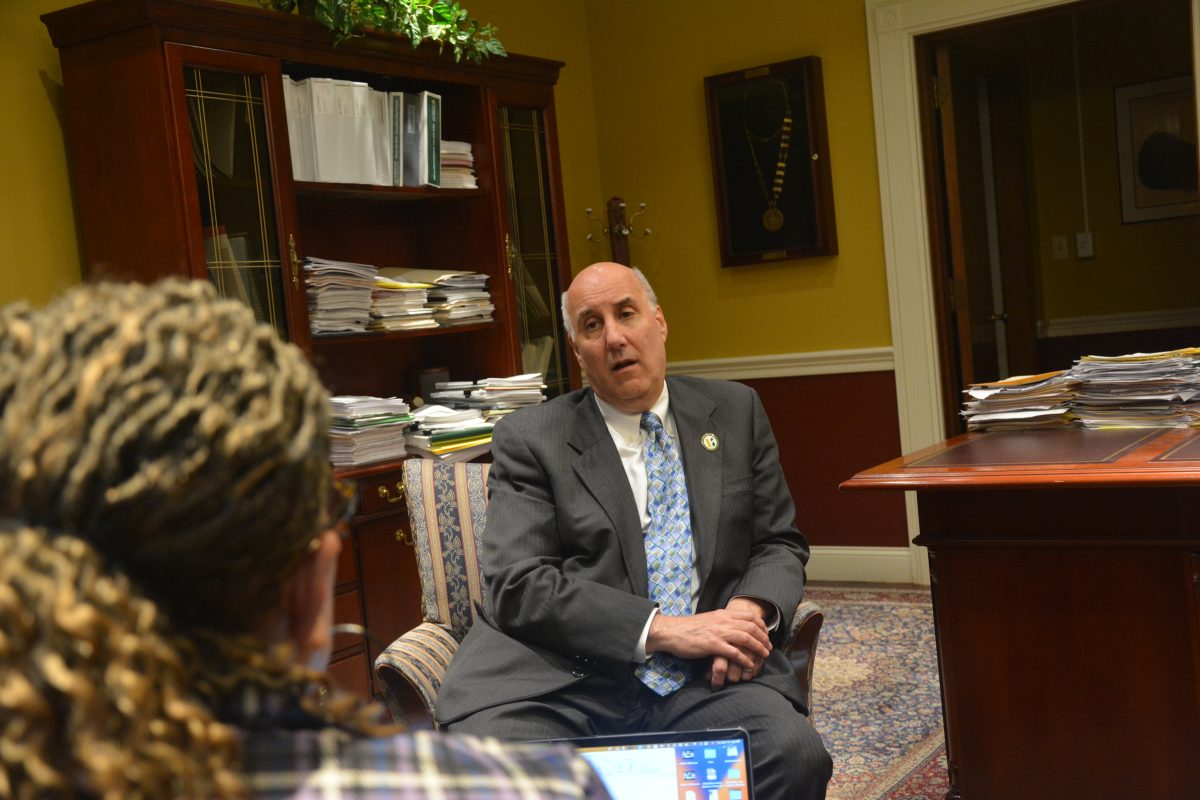
By John Plue
The United States has seen its largest measles outbreak since measles had been declared eliminated in 2000, as of April 26, 2019, the number of cases was 704. The Center of Disease Control said that “these outbreaks are linked to travelers who brought measles back from other countries.”
In California, there have been four documented outbreaks that are linked to people who have traveled abroad. The total number as of April 28, 2019, is 38. 10 of these cases are under 18, 28 of the cases are over the age of 18.
Two colleges, University of California, Los Angeles, and California State University, Los Angeles, have been affected by the measles and have had to quarantine students and faculty that had been at the school during the time the infected students were there.
According to the New York Times, “more than 700 students and staff members at two California universities were under quarantine on Friday.” They were told to report any symptoms if they start showing.
There is a vaccine, the measles, mumps, and rubella (MMR) vaccine, that prevents measles from coming forward as a disease, that’s how it was declared eliminated in 2000, with only a few isolated cases here or there. The MMR vaccine protects against measles, mumps, and rubella. There are a few reasons why someone cannot get MMR, the Center of Disease Control states the reasons for not getting the vaccine are people that “has any severe, life-threatening allergies after a dose of MMR…is pregnant…has a weakened immune system…has a parent, brother, or sister with a history of immune problems…has ever had a condition that makes them bruise or bleed easily…has recently had a blood transfusion or received other blood products…has tuberculosis…has gotten any other vaccines in the past four weeks…[or] is not feeling well.”
The World Health Organization has listed vaccine hesitancy as one of the top ten threats to global health. What is vaccine hesitancy? It is when people either don’t vaccinate their children or they aren’t sure if they should. According to the World Health Organization “measles…has seen a 30% increase in cases globally.” The World Health Organization makes sure to note that this increase in numbers is not all because of vaccine hesitancy.
A number of people choose not vaccinate their children for religious reasons, while others believe that vaccines are not safe and that some may cause autism. Many studies have been done to prove the safety of vaccines and the doctor that wrote the article about vaccines causing autism has even said it was wrong.
It is a problem, however, and there are many people who make a joke out of it despite the seriousness of it. There are many jokes and memes online that make fun of anti-vaxxers (people who don’t want to vaccinate their children), many of them saying that their children will pay for their ignorance.
The problem in California is not a laughing matter though. Over 700 people are being affected by measles even if they may not have the disease. They cannot go to work, and they cannot go to school. Their lives were pulled to a halt because people did not get vaccinated properly.
Categories:
The Vaccine Problem
May 4, 2019
0
More to Discover






